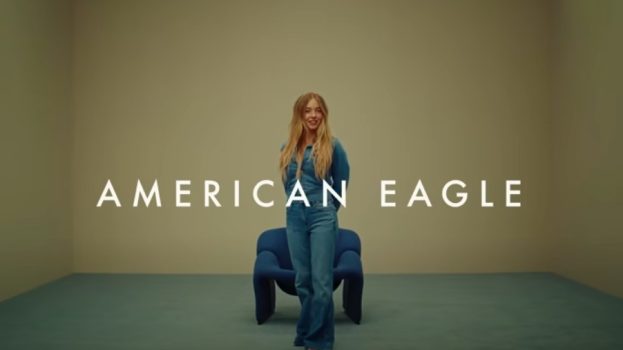West-coast Canadians have grown to know and love Richmond Savings’ ongoing Humungous Bank advertising campaign. For the last eight years, the Richmond, B.C.-based credit union, which changed its name to Coast Capital Savings in April (following a merger with Pacific Coast Savings), has been poking fun at larger, more traditional banks.
The creative was designed to epitomize all that was wrong with big banks and, by contrast, present Richmond Savings as the antithesis of these larger, apparently uncaring establishments.
Back in 1993, when the Humungous Bank concept was created by Vancouver-based Palmer Jarvis DDB, the agency employed Chris Staples as creative director and Ian Grais as art director. The two departed the agency in 1999 to found Rethink Communications.
Since the campaign’s launch, public antipathy towards larger banks has died down, as increased competition has called for better service from banks across the board. So, the credit union, now with Rethink, had to come up with a fresh approach to continue to promote Coast Capital to its core customers, and to represent its new brand image. Staples decided to build on the success of Humungous Bank with a different strategy – replacing satire with irony.
‘When Coast Capital came into being, we didn’t want to repeat what we’d been doing for Richmond Savings,’ says Staples. ‘It was pretty clear that the platform we had built for Richmond Savings was getting a little bit tired, and also, the general opinion is that banks have improved quite a bit,’ he continues.
‘We can’t bash the banks any more in terms of service charges and profits, especially during the current recession, so we had to go after bank customers from a different angle, while maintaining our cheeky approach.’
With this is mind, Rethink decided to push the idea that big banks are only interested in offering really good service to their wealthiest customers, while the average man in the street is left to fend for himself with average service at best. The campaign paints the picture that at Coast Capital, everyone gets the same great level of service, regardless of their bank balance.
The resulting ads, which launched in B.C. Sept. 24, capitalize on the fact that 98% of Canadians earn less than $150,000 a year, so the target market remains unchanged – disgruntled bank customers.
Four 45-second radio spots all centre on a financial advisor interviewing a very wealthy person. ‘It’s a parody of the type of interview you hear on financial advice radio programs,’ explains Staples. ‘It is ironic that rich people get the best financial advice, since they need it least.’
In one spot, the financial advisor interviews his one and only client, who happens to be a millionaire, about his plans for retirement. It soon emerges that the man has never had a job anyway and inherited all his money from a wealthy grandfather.
The spot then cuts to a voice asking, ‘Why do people who never have to worry about money get all the help? We’d rather give smart financial advice to regular people.’ The spots are airing on selected stations in Vancouver and Victoria.
Full-page print ads are also a key element of the campaign, appearing in publications across B.C. One ad features a boat jetting out to a private island, while another shows a woman ringing a bell to summon a butler. Brief captions outline the idea that anyone who owns a private island or has a butler is not likely to need financial advice, and then finishes with the punch line of the whole campaign: ‘Coast Capital. We’re here for the other 98%.’ The words on each ad are written on an image of an ATM slip.
‘We used really interesting, arresting visuals to grab people’s attention and to contrast Coast Capital to the larger banks,’ says Staples. ‘We don’t actually state that big banks only go after that wealthy 2%, but we use strategic underpinning in the imagery to get the point across,’ he continues. The campaign also includes in-branch posters which show the ATM-slip slogans up close.
Since the merger, Coast Capital has changed its brand image, and this new campaign was designed to reflect those changes.
‘This campaign wasn’t necessarily a follow-on from Humungous Bank,’ says VP of marketing and communications at Coast Capital, Lorne De Large. ‘In fact, this is a move towards the new direction of the bank and how we want to compete in the marketplace in the future,’ he continues. ‘It also promotes awareness of our new name.’
De Large says it was important to incorporate an element of irony and humour into the campaign. ‘We wanted to talk to regular, working Canadians in language that appeals to them,’ he says. ‘They are the ones who need financial advice, but they’re probably not getting it.’






















